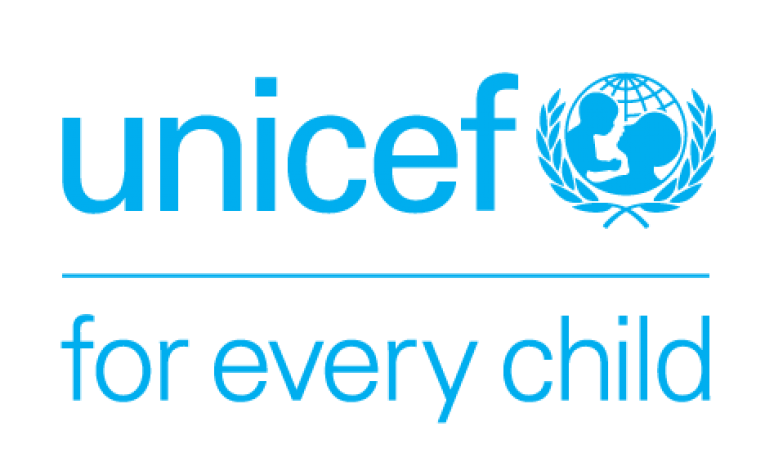UNICEF welcomes release of 85 children from detention in South Sudan
New Delhi: UNICEF today welcomed the news that 85 children have been released from detention in South Sudan as part of efforts to decongest prisons as a prevention measure in the fight against COVID-19. The children are being reunited with their parents or legal guardians.
A further 11 children remain in prison in the country due to the severity of the offences they are accused of. As new cases of detention of children are reported, UNICEF and the UN mission in South Sudan (UNMISS), continue to advocate for children’s immediate release, in line with recently released guidance on key actions authorities can take to protect children deprived of their liberty during the pandemic.
In South Sudan, prisons are overcrowded with inadequate access to hygiene services, nutrition and healthcare – conditions that are highly conducive to the spread of diseases like COVID-19. Detained children are also more vulnerable to neglect, abuse and gender-based violence, especially if staffing levels or care will be negatively impacted by the pandemic or containment measures.
“Children have a special need for protection and their wellbeing must be secured,” said Dr Mohamed Ag Ayoya, UNICEF South Sudan Representative. “With the risk of COVID-19 infections, the best way of upholding children’s right to safe and healthy living conditions is returning them to their homes where they can be taken care of by their families.”
The release is a collaboration between UNICEF, UNMISS, and the South Sudan Judiciary, the Ministry of Gender, Child and Social Welfare – important partners for UNICEF working to improve justice for children in South Sudan.
The country lacks a juvenile justice system that takes into consideration the special needs of children in contact with the law, regardless of whether they are guilty as charged or not. Too many children are imprisoned for minor offences and many are serving their sentence together with adults which is a clear violation of children’s rights.
“We must establish a child friendly system respecting children’s rights also when they are in conflict with the law,” said Ayoya. “Simultaneously, we must prevent children from making offences in the first place, addressing root causes such as poverty, lack of education and future opportunities.”
UNICEF in South Sudan is working on a pilot project aiming to make the imprisonment of children a measure of last resort. Alternatives to jail sentences are also explored. The training of law enforcers on child rights, the South Sudan Child Act and child friendly approaches, is aiming at reducing the number of detained children and providing better support to children in contact with the law.

